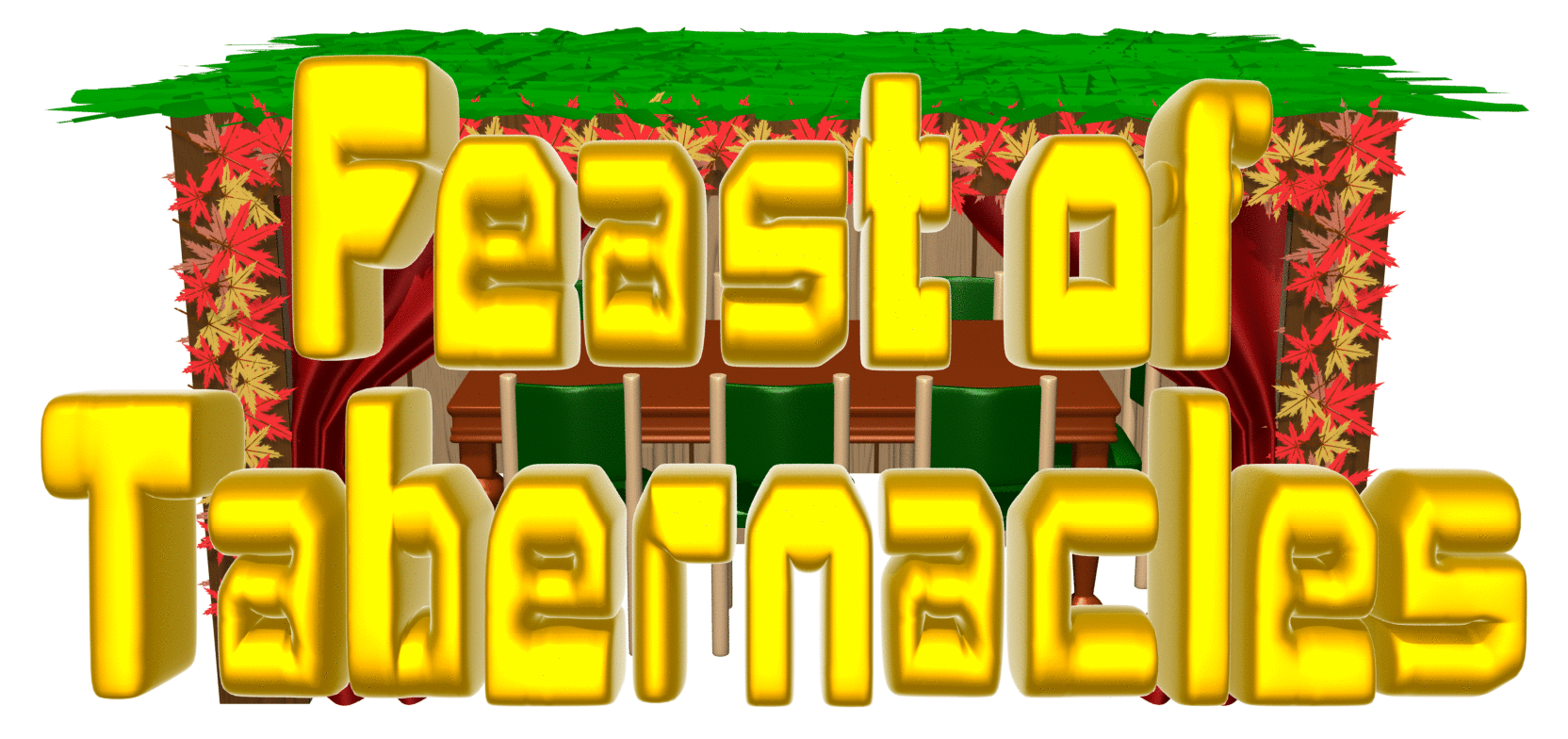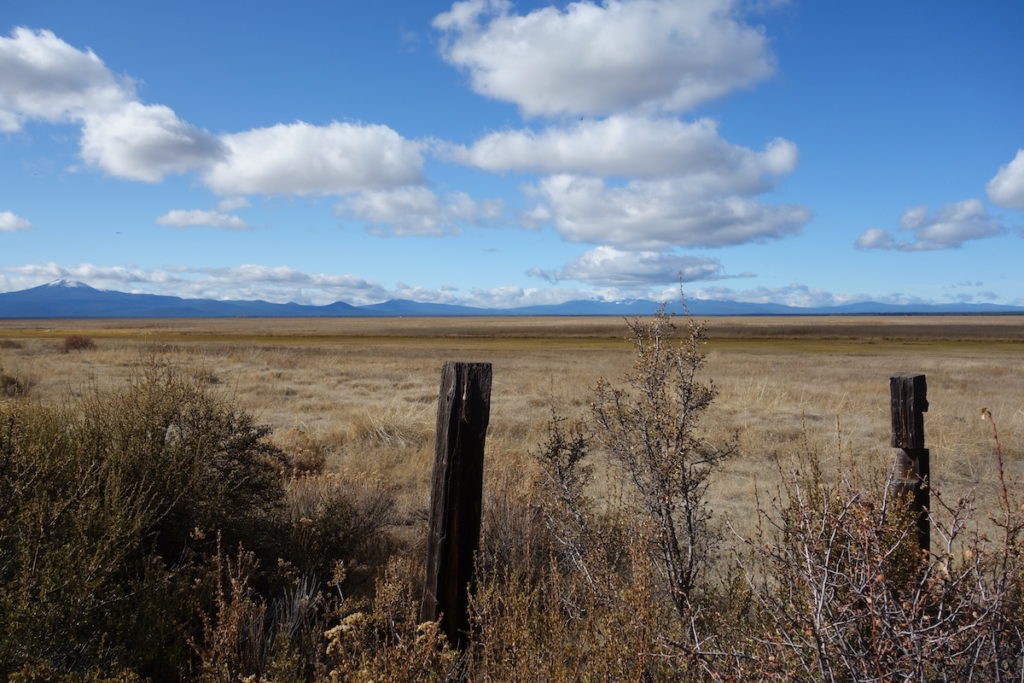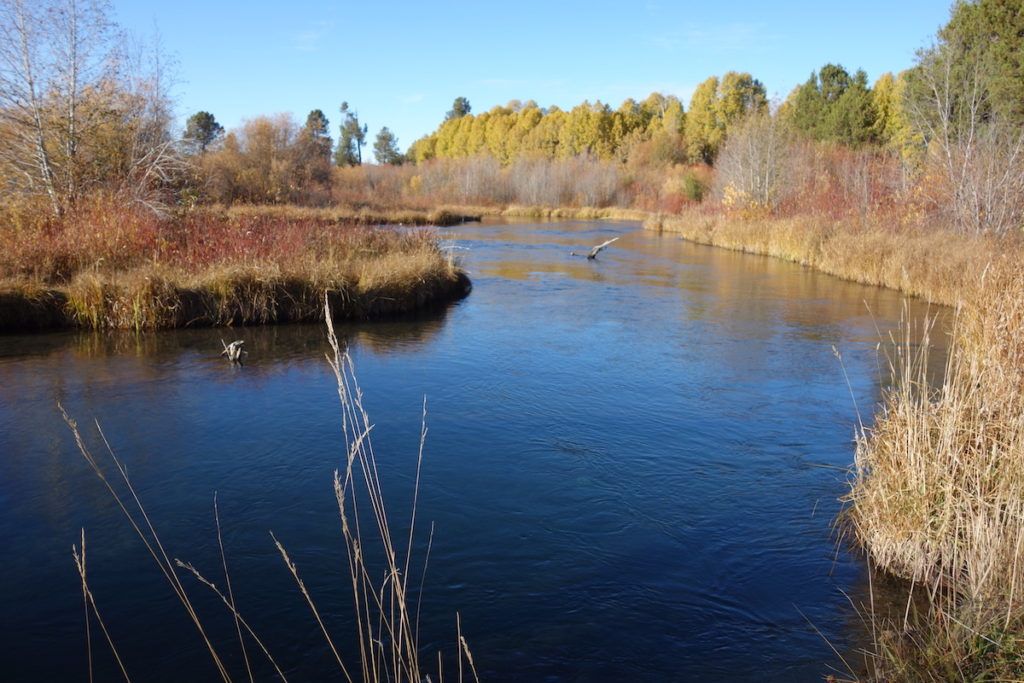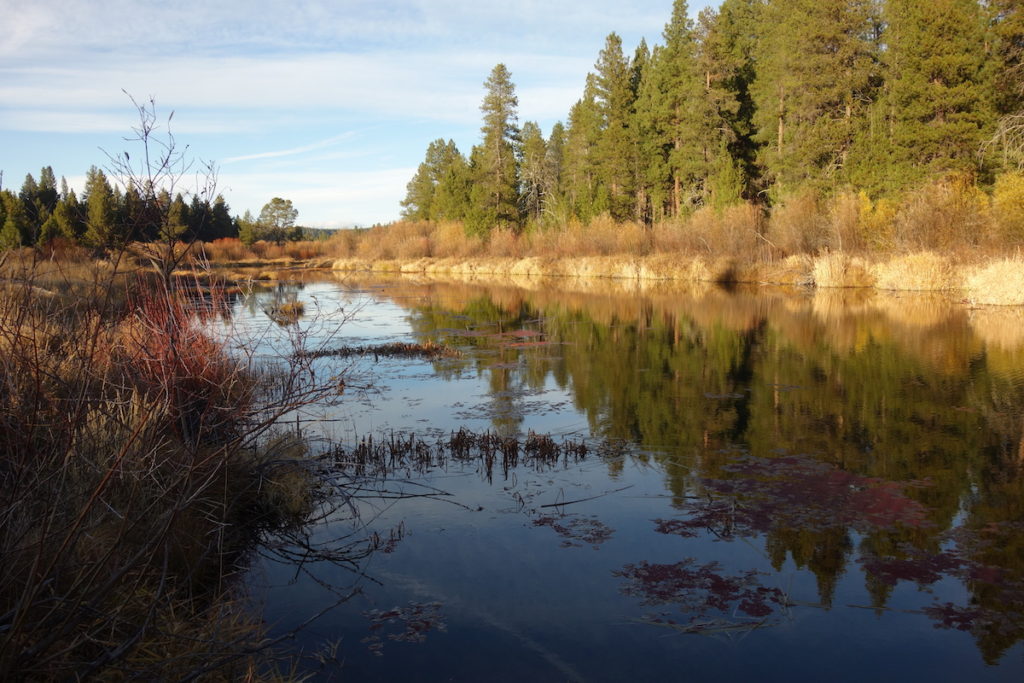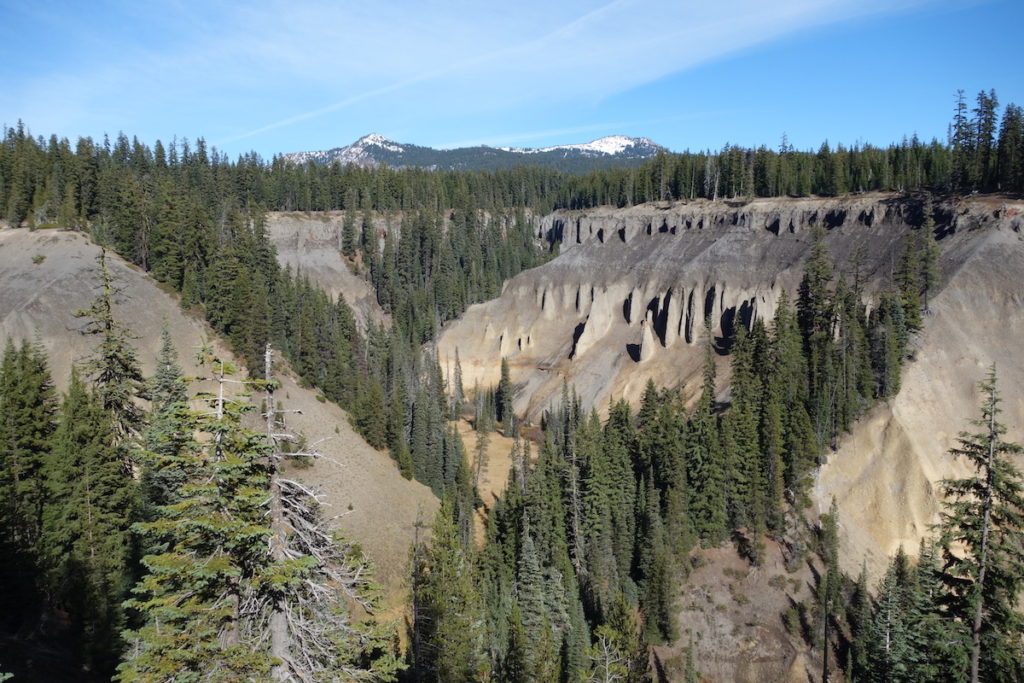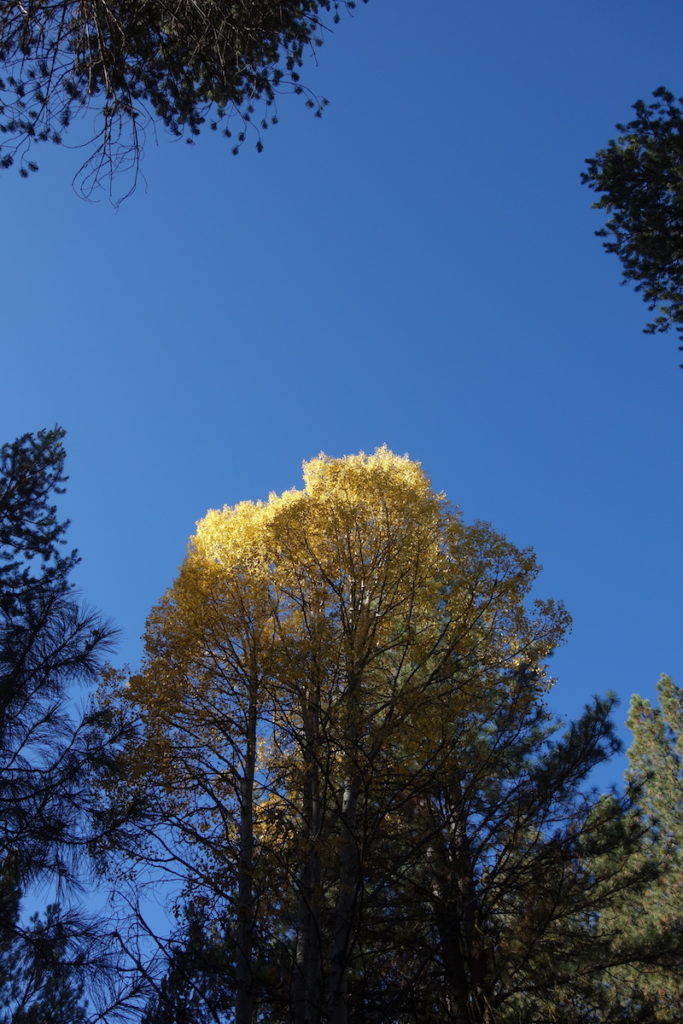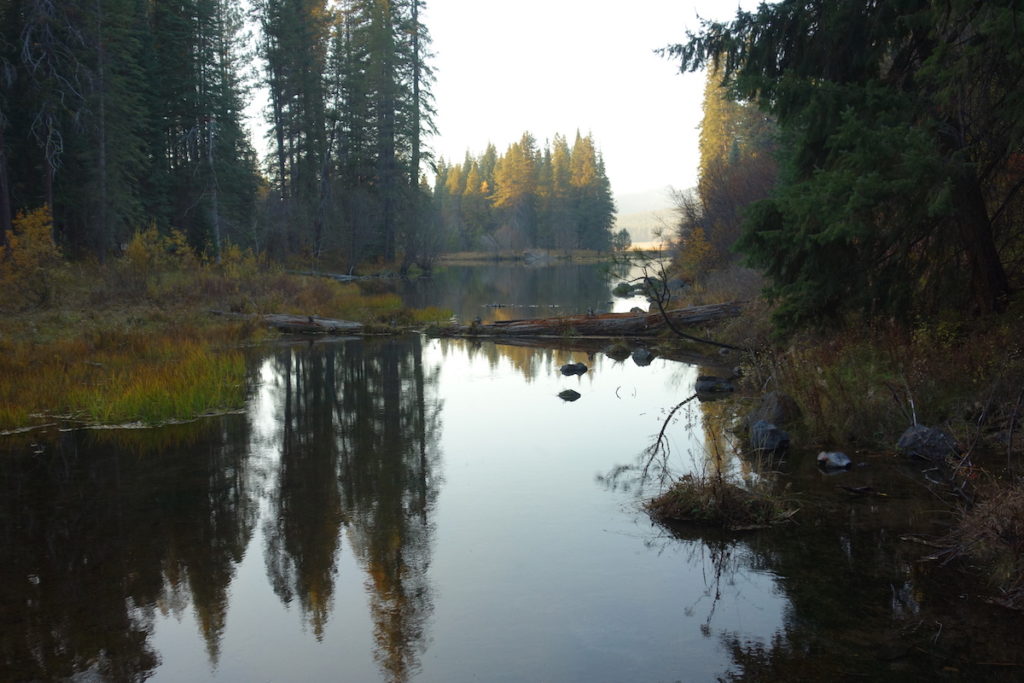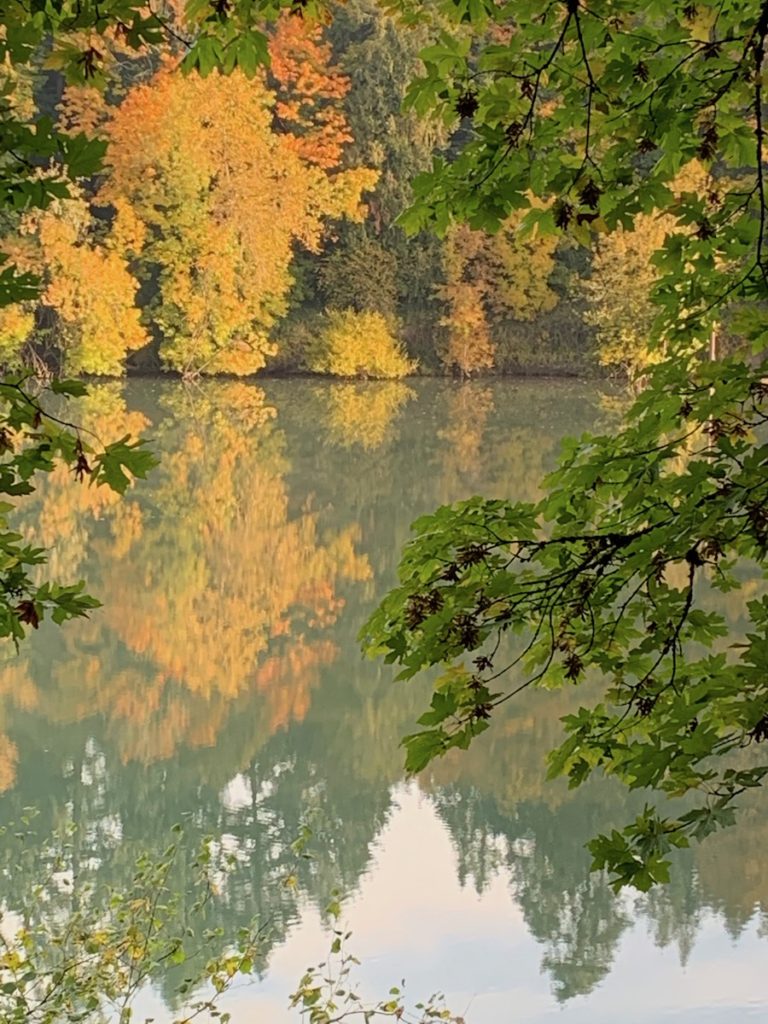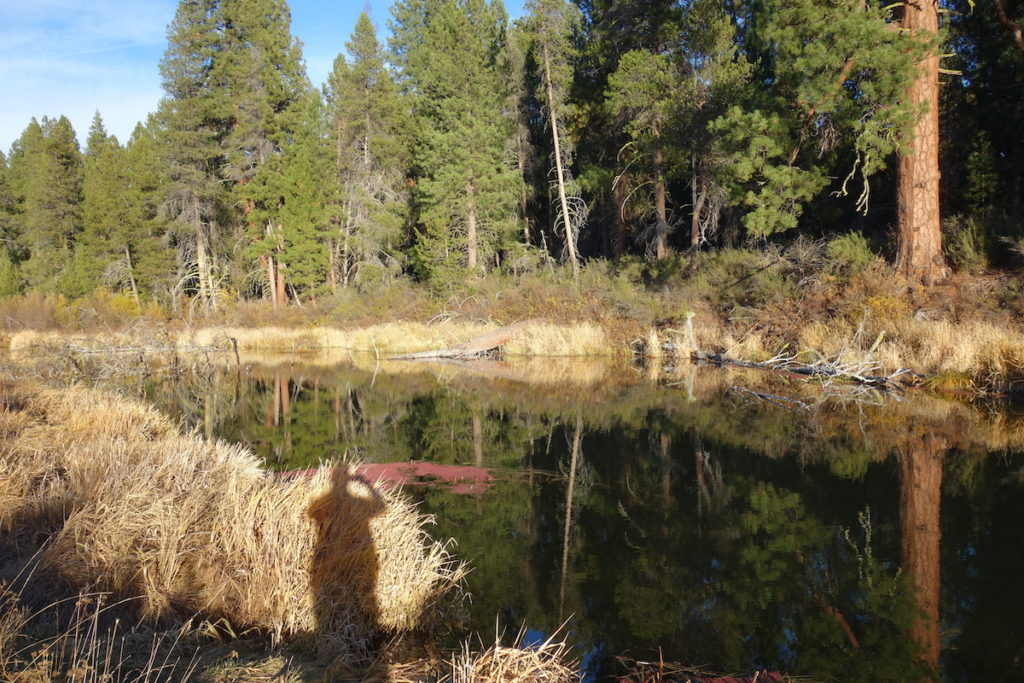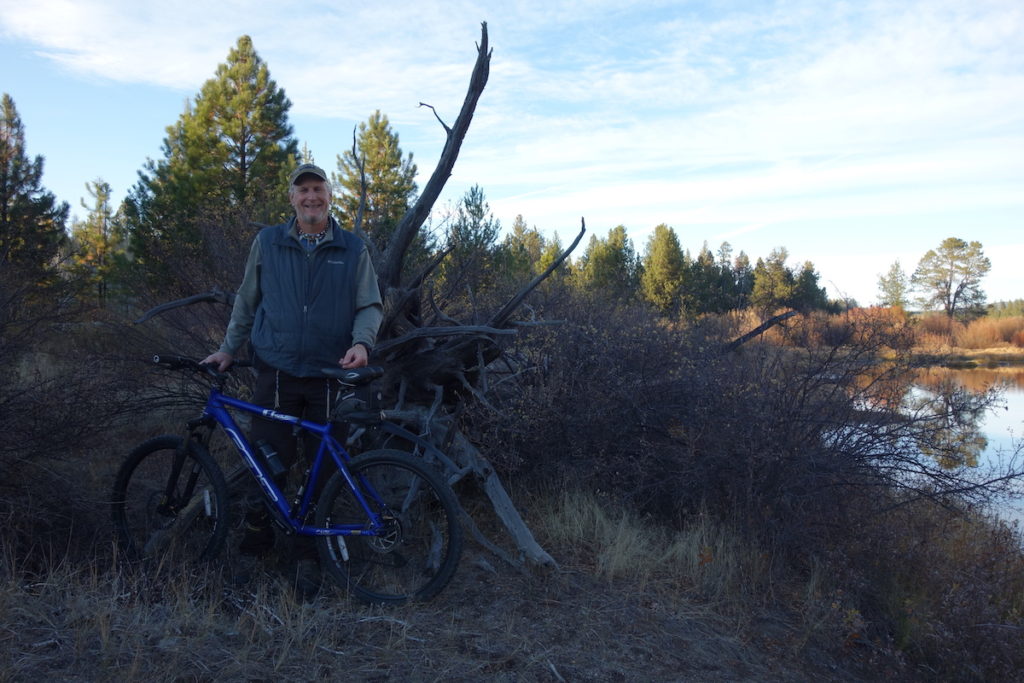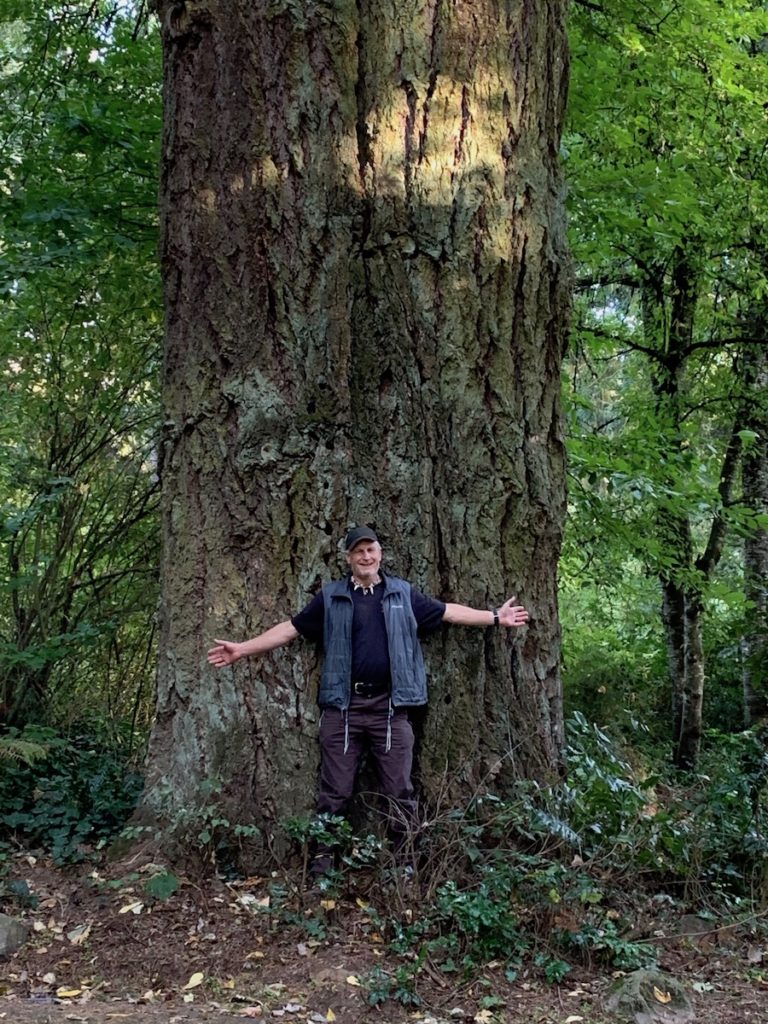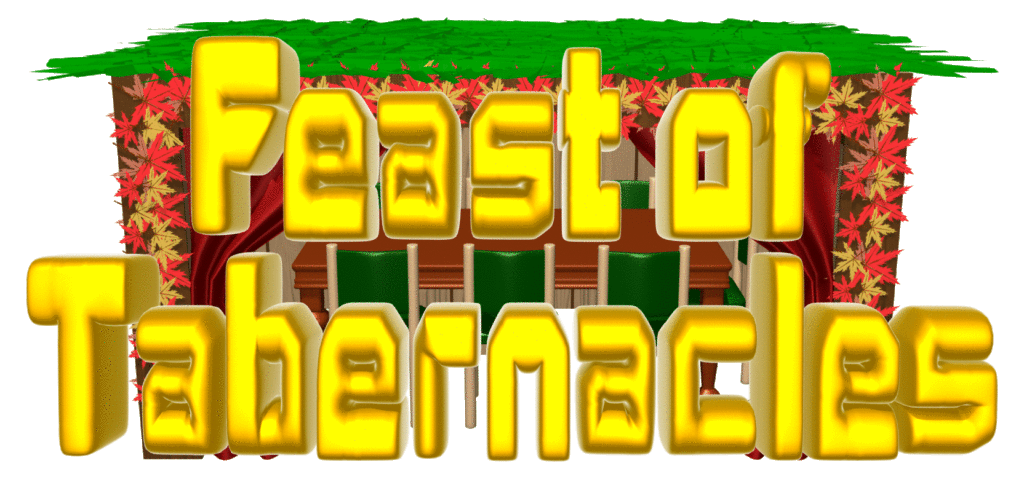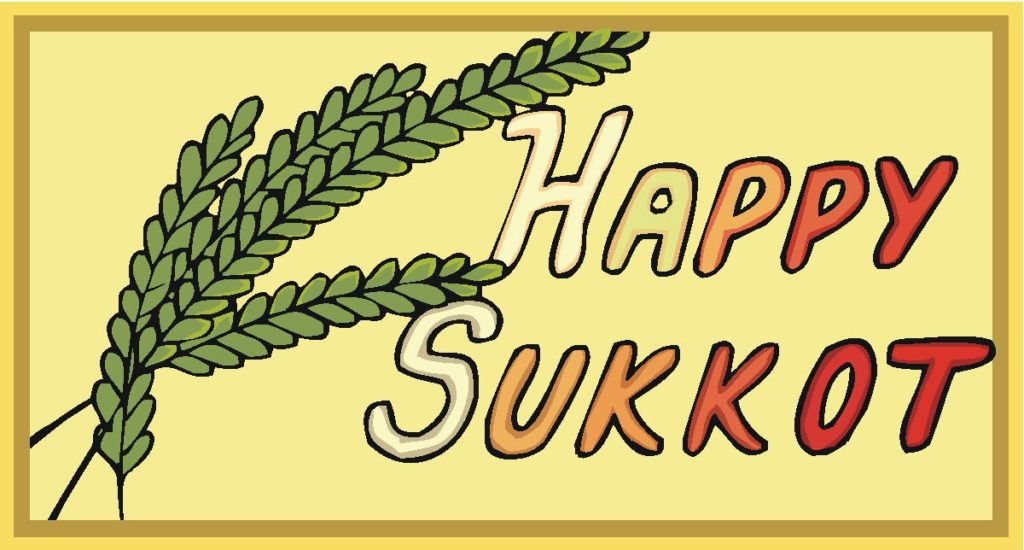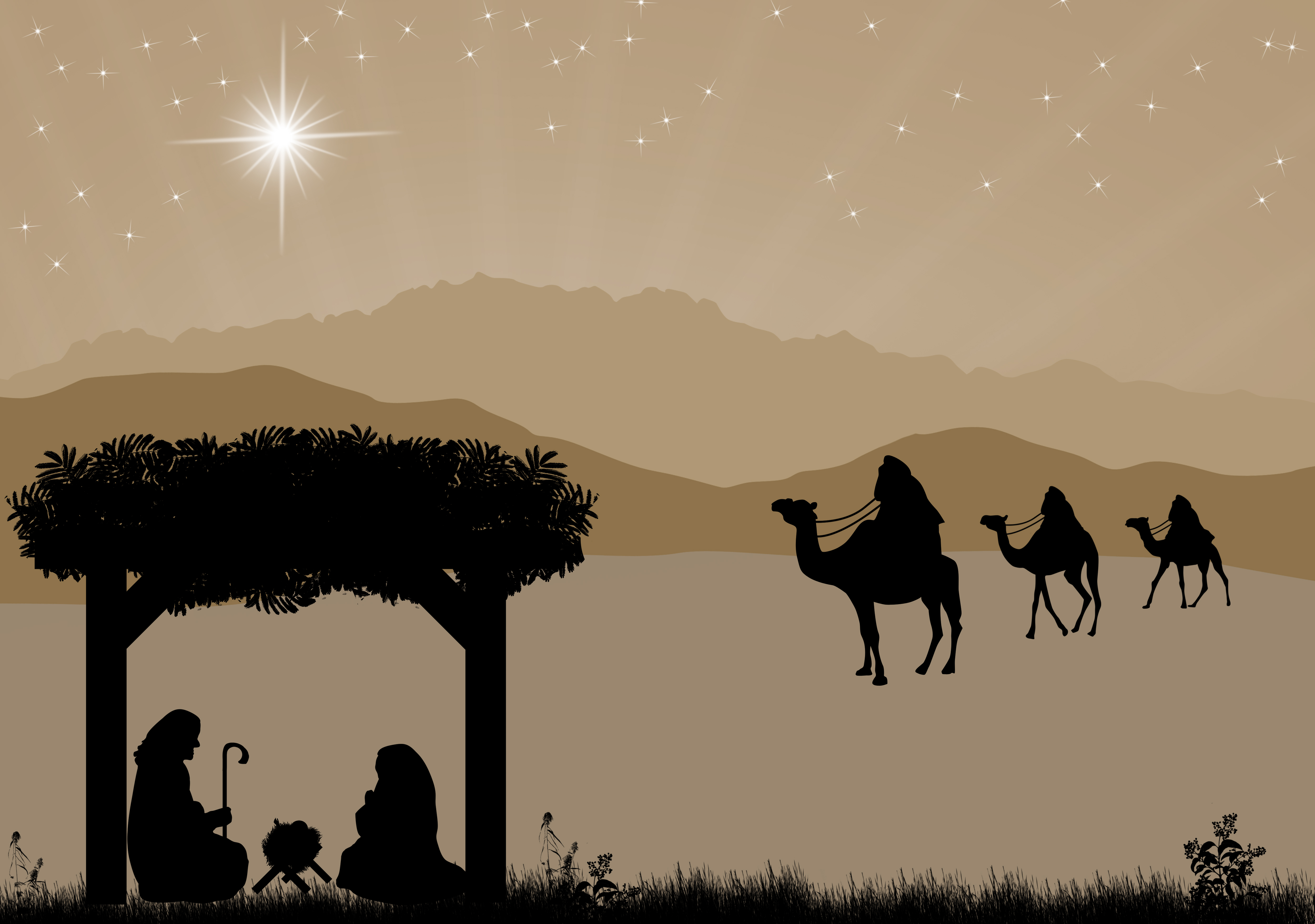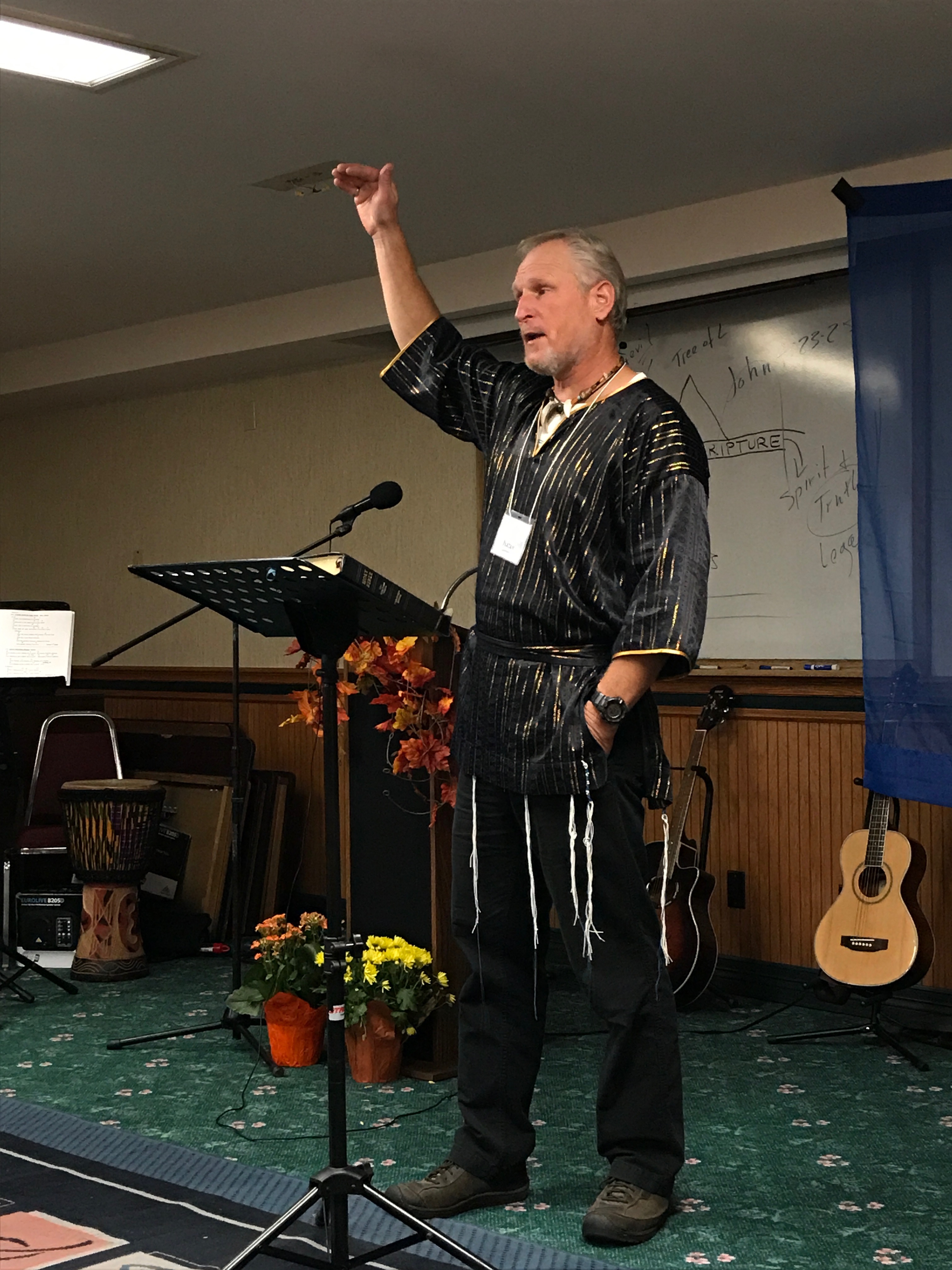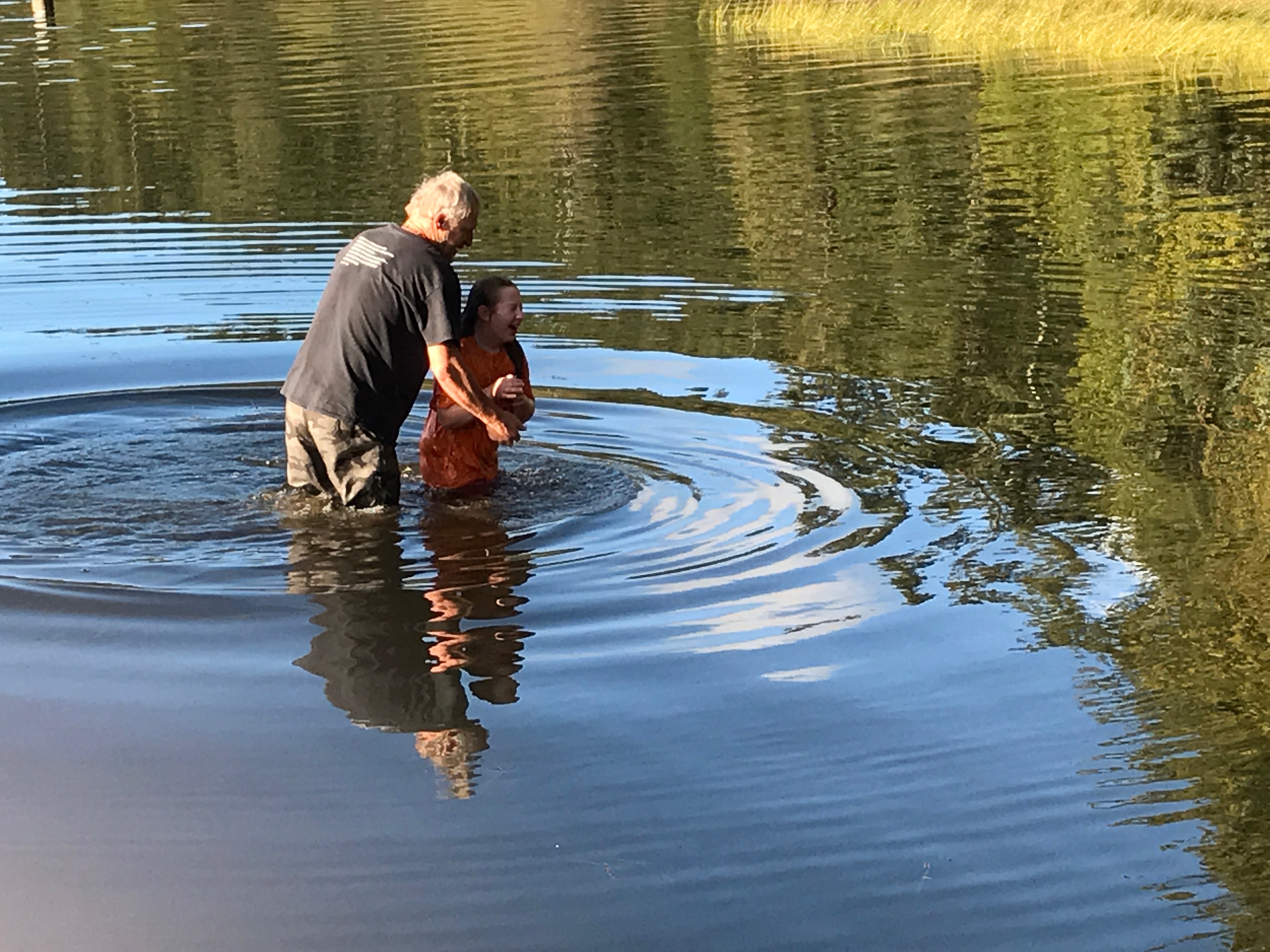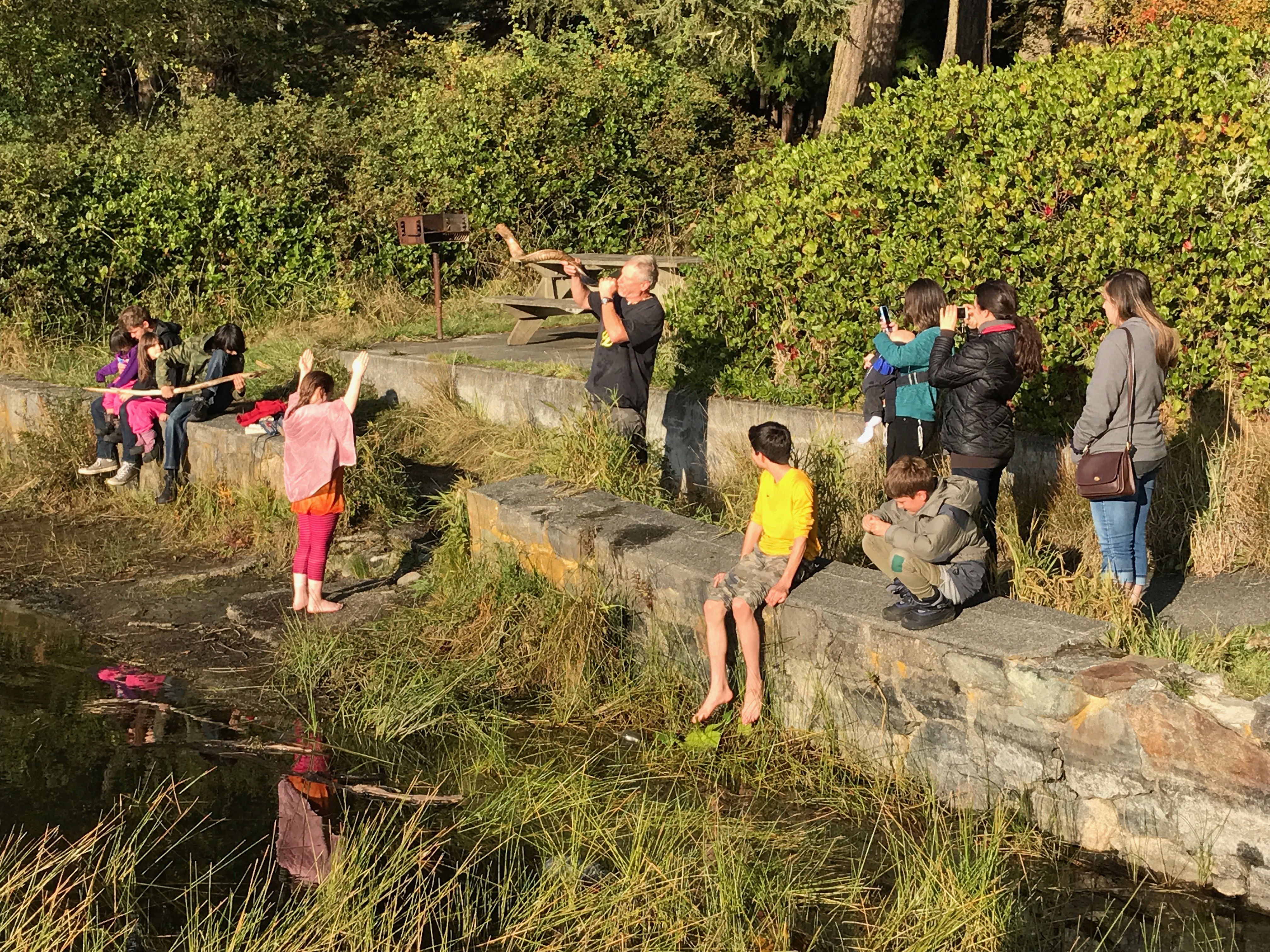Feast of Tabernacles Resources
Hello everyone around the world as we join the called out heir-apparent children the El Elyon and Kadosh YHVH Elohim (the Most High and Holy YHVH Elohim) to celebrate the biblical Feast of Tabernacles. A most joyous Sukkot/Feast of Tabernacles from my family to yours!
This year Sukkot starts on the evening of Friday, October 2 and continues for seven days until Friday, October 9. Immediately on Saturday/Sabbath the next day (October 10), we will celebrate Shemini Atzeret or the Eighth Day (see Lev 23:33–43).
It is 6:42 AM Friday morning as my wife, Sandi, and I make the final preparations to vacate our home in Western, Oregon and leave for the high desert mountain region of Central Oregon to celebrate Sukkot 2020. Our little Subaru Forester (yes, this tree guy—in the business world, I’m known as “The Treevangelist”—has a Forester! Trees and the Bible are my two main passions in life besides my wife and family.) For Sukkot, we load up our sukkah on wheels (our travel trailer) and head for a state campground. However, due to all of the ravaging and destructive forest fires in Oregon this year and due to the fact that this is the opening weekend for deer and elk hunting season in our state, most of the State campgrounds are either closes or full. Therefore, our sukkah for this year will be a rented vacation home near a mountain river in a beautiful resort area in the mountains. There, three of our four children will be joining us along with a son-in-law. Our daughter and third child will be celebrating Sukkot with her husband in another state about 1,500 miles away from us. During Sukkot, I will also have the privilege of hangin out with several cousins along with their children and grandchildren. This will be the first time that nearly all of the cousins have been together for the Feast since 1974! Needless to say, I’m quite excited about this.
To help you celebrate Sukkot whether you are doing so with others or are by yourself, here is my Sukkot gift to you—some resources that will help you to have a more meaningful Sukkot. Yes, Sukkot is a time to have fun with family and friends, but most importantly, it is a time to draw closer to YHVH Elohim and to Yeshua our beloved Messiah. It is a time to celebrate and memorialize a soon coming future time when our King Yeshua will be ruling over this earth in truth and righteousness, when the Torah-Word of Elohim will go forth from Jerusalem like a river of life to the whole world, and when the glory of the YHVH Elohim will cover the earth as the waters cover the sea, and the bride-saints of Yeshua will be reigning over the world with their Heavenly King. Remember this: while the outlook around you in light of world conditions may be sick and disheartening, the upload is always glories!
Stay tuned for more timely information to follow on Sukkot. Unlike previous years, I will have wifi where I will be staying, so I will be making regular updates to this blog along with teaching articles and photos. See you around…
To help you to celebrate the biblical festival of Sukkot with understanding, please check out the following Hoshana Rabbah resources.
For an in-depth teaching article on Sukkot, go to https://www.hoshanarabbah.org/pdfs/sukkot.pdf
Go to the Hoshana Rabbah YouTube channel at https://www.youtube.com/user/HoshanaRabbah?feature=mhee and check out the playlist on the Biblical Feasts and the Sabbath for many teaching videos on the subject of Sukkot.
How to Celebrate Sukkot By Yourself
Regularly for years I talk to people from all over the world who are alone and without a local fellowship or congregation. Many times I am asked how it is possible celebrate the biblical feasts when alone and disconnected from the greater body of Messiah. Here are some suggestions on how to celebrate the upcoming Feast of Tabernacles (or Sukkot) if you are alone or are only a part of a small group of people.
The first things to keep in mind is that YHVH expected his people to keep the biblical feasts forever wherever their dwelling place happened to be whether inside or outside of the physical land of Israel. I have given proof of this in more details elsewhere, but below are a few Bible verses that state this truth succinctly.
The weekly Sabbath and the seven biblical feasts are for YHVH’s people to celebrate forever and wherever they may be living whether in our out of the land of Israel. The Torah instructs the saints to celebrate the feasts in you dwelling places (d) forever (f)
- The seventh-day Sabbath (Exod 31:17f; Lev 23:3 d)
- Passover (Exod 12:24 f)
- Feast of Unleavened Bread (Exod 12:17f, 20d)
- Feast of Week/Pentecost (Lev 23:21df)
- Atonement (Lev 16:29f; 23:31, df)
- Feast of Tabernacles (Lev 23:41 d)
Here are the biblical commands relating to Sukkot and how you can fulfil them if you are by yourself or with just a small group of people.
- Live in a temporary dwelling for eight days (Lev 23:42). Some people live in a literal sukkah made of tree branches. This is may not always be practical for people living in colder climates. In the past during Sukkot, I have lived in a tent, a tent trailer, a rented house and a motel room. For the past several years, my wife and I have lived in our travel trailer during Sukkot. We will do so again this year in a campground in the mountains.
- You shall celebrate and rejoice before YHVH Elohim (Lev 23:41; Deut 16:14).
- Wave lulavim (Lev 23:40). Every year, my wife and I purchase a four-species lulavim from Israel consisting of an etrog (or a citron, which is lemon-like fruit), a willow branch, a palm branch and a myrtle branch. You can make your own lulavim by taking some tree branches and fruit from your local area.
- Keep the High Sabbaths by ceasing your occupational work (Lev 23:35, 36).
- Drink wine and strong drink (Deut 14:26).
- Use your feast tithe to buy whatever your heart desires (Deut 14:22–27).
- Meet together and fellowship with others on the first day of Sukkot and on the Eighth Day (Lev 23:35, 36)via phone, Skype, Facetime, social media.
- Give a feast offering to those who minister the word of Elohim to you (Deut 16:16–17).
- Read the Torah (Deut 31:9–13).
- Sound the shofar (Ps 81:3).
- Beyond that, when the saints come together, or you are by yourself, we are to read and study the Bible, pray, fellowship with others as we are able, eat good food, praise and praise and worship YHVH Elohim (Acts 2:42, 47; 1 Tim 4:13; Col 3:16; Eph 5:18–19), and allow the gifts of the Spirit to flow (1 Cor 14:26).

